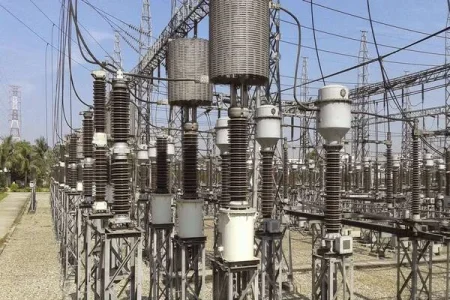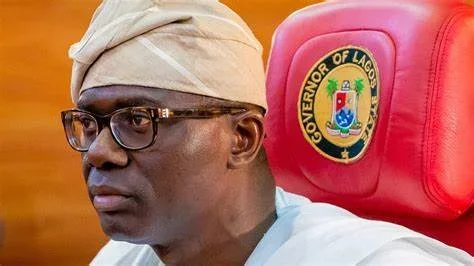
Nigerian electricity distributors claim Band A customers pay the lowest rates in West Africa despite recent tariff hikes. The government defends ending subsidies as necessary for sector sustainability. ANED argues higher rates in neighboring countries lead to better service. The move sparks debate on balancing affordability with infrastructure investment in Nigeria's power sector.
Nigerian electricity distributors have defended recent tariff increases, claiming that Band A customers in Nigeria still pay the lowest rates in West Africa. This assertion comes amid controversy over the government's decision to end power subsidies for certain consumers.
The spokesperson for the Association of Nigerian Electricity Distributors (ANED) argued that neighboring countries enjoy better electricity supply because consumers there pay more, allowing providers to recover costs and reinvest in infrastructure. He emphasized that even with the recent hike, Nigerian Band A customers pay less than their regional counterparts.
Band A customers, who receive at least 20 hours of daily power, now pay around N209.80/kWh, down from the initial N225/kWh. The government maintains that electricity subsidies are unsustainable and has begun a gradual transition to cost-reflective pricing.
The Power Minister stated that this shift aims to ensure consumers receive value for their payments. ANED's spokesperson noted that while Band A customers pay the true cost of electricity production, other bands still benefit from government subsidies of up to 67%.
This tariff adjustment has sparked public debate, with many Nigerians expressing concern over increased living costs. However, officials argue that the move is necessary for improving the power sector's financial health and service quality.
The controversy highlights the ongoing challenges in Nigeria's energy sector, balancing the need for affordable electricity with the imperative of sustainable infrastructure investment.




